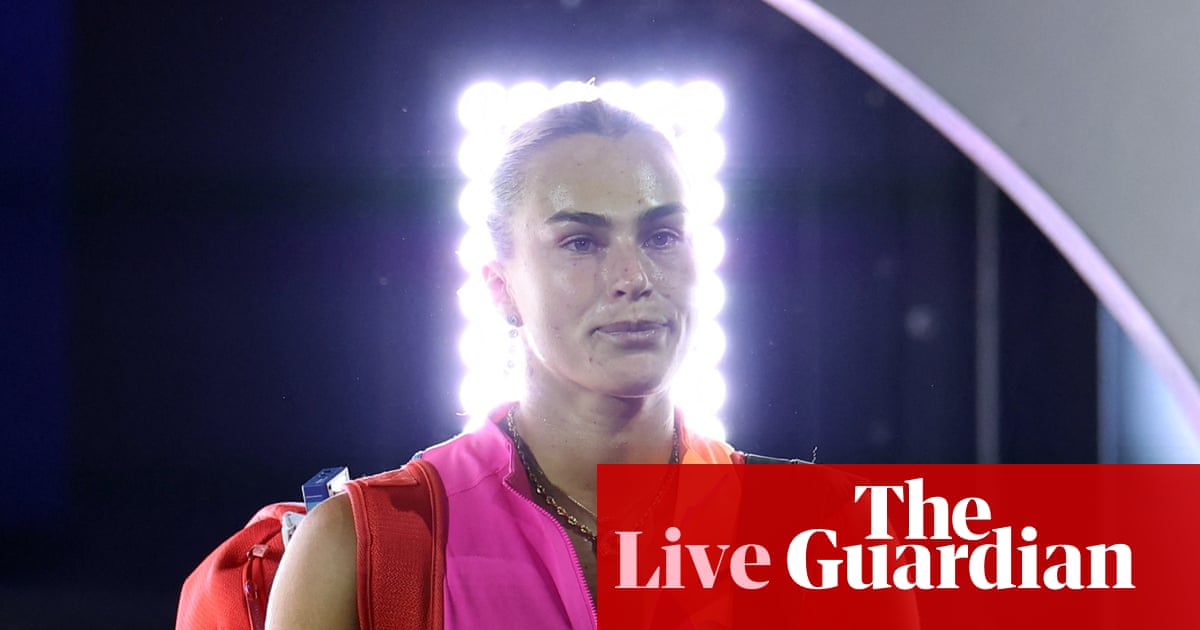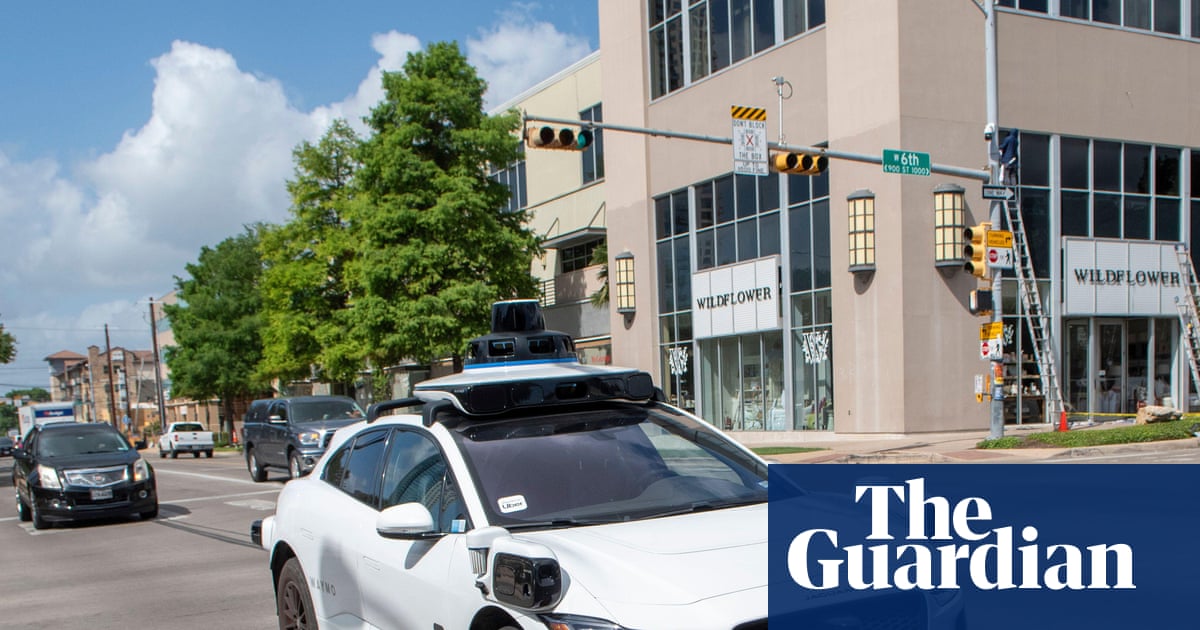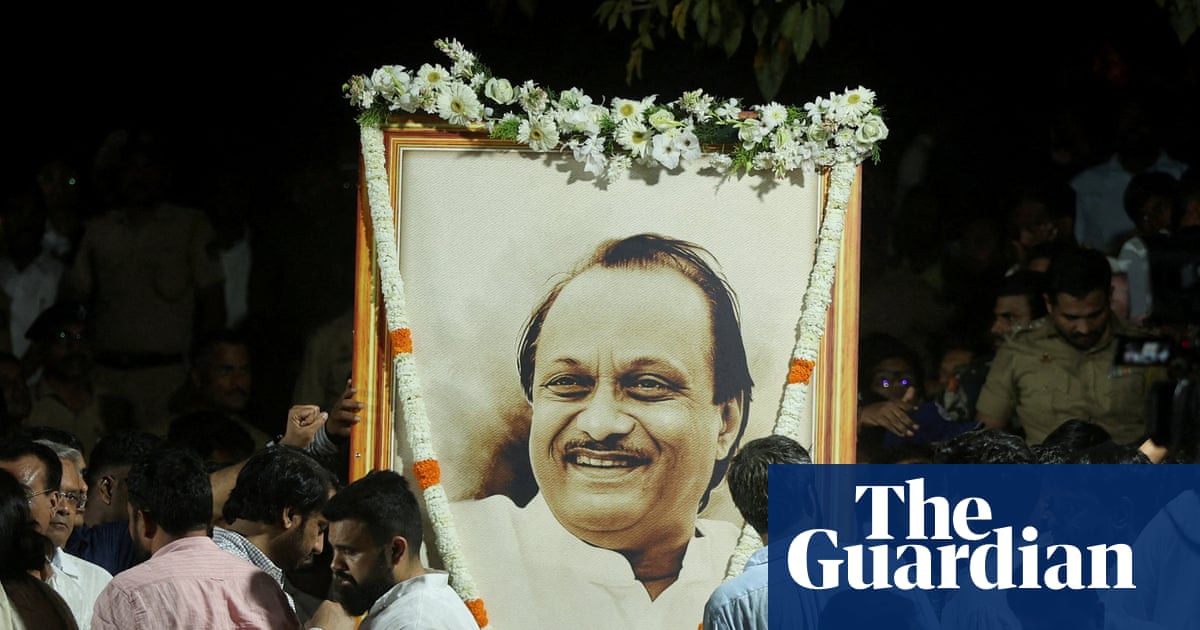If Elon Musk can grow Tesla to over $8tn in value for stockholders over the next decade, he will be well on his way to becoming the world’s first trillionaire.
That is if stockholders approve the company’s latest proposed compensation plan for the “Superstar CEO”, as a judge once called him, at this week’s annual shareholders meeting in Austin, Texas, set for Thursday afternoon.
“If Elon achieves all the performance milestones under this principle-based 2025 CEO Performance Award, his leadership will propel Tesla to become the most valuable company in history,” the company’s annual proxy statement boasts.
Forward-looking measures on Musk’s compensation of $1tn are not the only issues on the ballot. Shareholders will also consider an alternate avenue to pay Musk the estimated $56bn the company says he is still due from a 2018 compensation plan. The company is also asking shareholders to vote against several other shareholder proposals, including one that would request a child labor audit. The previous pay package was invalidated by a Delaware court twice, and with an appeal now pending in front of the state’s supreme court, the company wants to make sure Musk gets paid regardless of the outcome.
The path to $1tn
The 2025 package contains milestones beyond growing the company’s market cap.
The required milestones are separated into a dozen “tranches”, each with their own compounding goals. The first milestone, or tranche, requires reaching market capitalization of $2tn. The next nine each require an additional $500bn in growth until $8.5tn is reached by 2035. With each financial milestone also comes a product development requirement.
To earn an additional 12% of the company’s stocks over the next decade, Musk must also deliver 20m of Tesla’s electric vehicles to buyers, 10m active full self-driving subscriptions, 1 million humanoid robots, and deploy 1m robo-taxis in commercial service. He will also be expected to grow the company to $400 billion in actual earnings for four consecutive quarters. Actual earnings for the third quarter of 2025 were $4.2bn, down 9% from the year prior.
Ultimately, Musk must grow Tesla’s market capitalization from about $1tn today to $8.5tn by 2035. He also has to be vested in the company for at least seven and a half years and help it develop a long-term succession plan. As he grows the company’s worth, so too will he grow the value of stocks, and therefore his own wealth.
In its proposal, the company noted that the milestones laid out “will be extraordinarily difficult and challenging for Tesla, and for Musk personally”. If these financial goals are met, it would mean Tesla would be worth nearly as much as Meta, Microsoft and Google’s parent Alphabet combined.
Some say Musk could still reap billions even if he doesn’t meet all of those milestones.
Courting a ‘superstar CEO’
Tesla Board Chair Robyn Denholm has publicly warned that a “no” vote on the 2025 compensation plan this week may mean losing Musk as CEO.
In a note to shareholders signed by Denholm and board member Kathleen Wilson-Thompson, they note that Musk “has not received meaningful compensation for eight years” due to the legal battles over the last 2018 compensation plan. The two board members say the milestones Musk achieved while that agreement was in place led Tesla to $735bn in increased market capitalization.
If Musk is awarded the new compensation plan, on top of the 2018 package, he’ll ultimately own more than 25% of Tesla’s stock. As of 5 November, Tesla stock was trading close to its 52-week high, at around $450 a share.
How votes are shaking out
On 4 November, SEC filings highlighting social media posts from Musk and others indicated that, following the advice from advisory group Glass Lewis, several Schwab investment funds planned to vote against the $1tn pay package.
Within hours, though, the script had flipped.
after newsletter promotion
“We firmly believe that supporting this proposal aligns both management and shareholder interests, ensuring the best outcome for all parties involved,” a Schwab statement read, noting that the investment company doesn’t solely rely on recommendations from Glass Lewis or ISS.
Meanwhile, Norges Bank Investment Management, Norway’s sovereign wealth fund and Tesla’s seventh-biggest stockholder, announced this week it would vote against the proposed pay package.
“We are concerned about the total size of the award, dilution and lack of mitigation of key person risk – consistent with our views on executive compensation,” Norges said in a statement.
In addition to current board members’ support and a deluge of messaging on the vote from Musk on his own X social media platform, others are stepping up to support the proposal. At least three other investment firms have already pledged support.
Musk, who holds over 500m Tesla shares as its largest individual stockholder, technically can cast votes in favor of his own pay package.
“If a controlling stockholder can vote to validate his own compensation, that would be a pretty sad commentary on accountability, I think,” said Widener University Delaware Law School professor emeritus Lawrence Hamermesh, a former corporate lawyer.
Tesla’s new corporate home
Over the years, Tesla has offered incentive-based compensation plans for its CEO, setting specific milestones in exchange for stock options.
But the last compensation package set in 2018 was challenged by a single stockholder who held less than a dozen shares at the time he filed a lawsuit in Delaware’s court of chancery. He won his case, and the pay package was invalidated and rescinded.
In response, Musk railed against the court and pushed for Tesla to move its corporate home from the first state to Texas. Musk’s outspoken displeasure with Delaware court rulings has been said to have fueled #DExit, a corporate trend in which other big-name companies like DropBox and Meta in turn threatened to move their company’s corporate homes out of Delaware.
“Elon Musk has a tremendous gravitational force, and that even extends to corporate law,” said Columbia Law School Professor Eric Talley. Delaware’s title as the “mecca of corporations” went largely unchallenged, he said, “until 2024, when Elon Musk tried to rally the troops”.

 2 months ago
50
2 months ago
50

















































